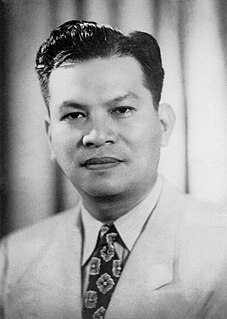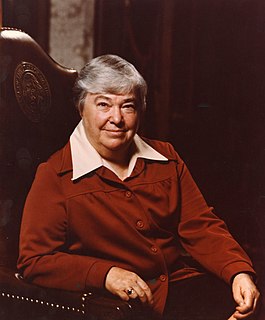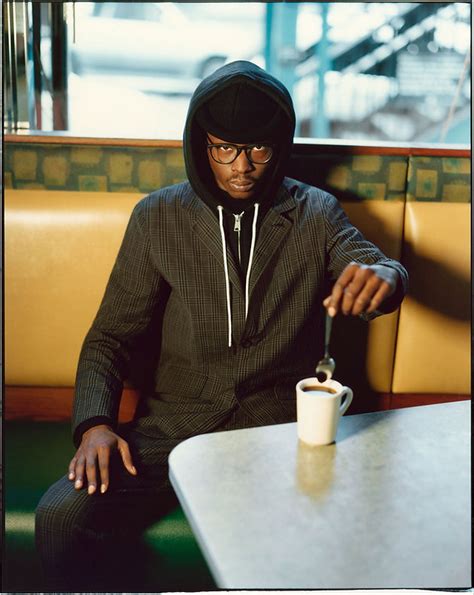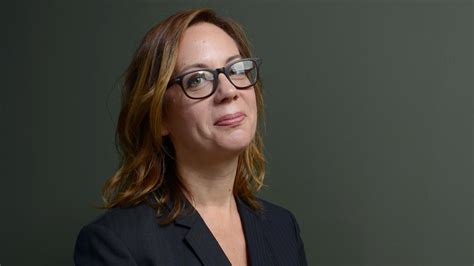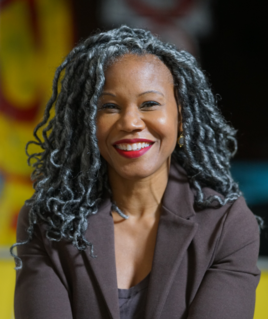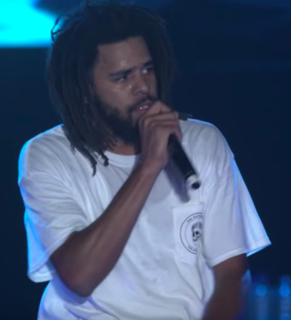A Quote by Daniel Kahneman
Policy makers, like most people, normally feel that they already know all the psychology and all the sociology they are likely to need for their decisions. I don't think they are right, but that's the way it is.
Related Quotes
The problem is the policy makers don't have practitioners in the policy team. You won't make an IT policy without consulting a Narayan Murthy or Nandan Nilekani. But for energy, people think they know everything and they know what to do for it. That's how the policies are created in Delhi and that needs to change.
I think that's the most important part of doing this job, is learning different personality types. I mean, it's kind of like sociology or psychology in a sense. With that, and with every project I do, I think I'm able to pull something away that further makes me understand humanity in a way I didn't before.
China is attempting the death-defying feat, which no one has attempted in the history of the world, which is to move a billion people out of poverty. When I speak to Chinese policy-makers, the thing that annoys them the most about Western policy-makers is that they're not given any credit for anything.
Keep it real by being straight forward. Don't pull no punches on people. It's better to tell somebody than just lollygag around, letting them think they're living their life the right way. Because some people don't know what the hell they're doing, they don't know if they're living the right way or making the right decisions. Some people don't know that.
If you're an Indian, you could be very anxious about some of the Supreme Court's decisions, some of the decisions of policy makers, so maybe a little bit of irony there. But I think our "Savage Anxieties," when I titled the book, I really wanted to focus people on the challenge that tribes in this country, as well as indigenous peoples around the world, are confronting Western civilization with.
You know, people like Hillary Clinton think you grow the economy by growing Washington. I think most of us in America understand that people, not the government creates jobs. And one of the best things we can do is get the government out of the way, put in reign in all the out of control regulations, put in place and all of the above energy policy, give people the education, the skills that the need to succeed, and lower the tax rate and reform the tax code.
There's always people out there that's like, doubting me, you know what I mean? Even though I do embrace the people that embrace me and I'm grateful for them. But I always feel like, man, there's still people out there that's not giving it up. And I feel like I'm doing everything the right way, you know what I mean? I'm really going out of my way to do it the right way. I'm taking very few cheats - very few cheat codes that I'm using.

